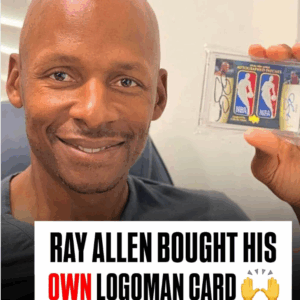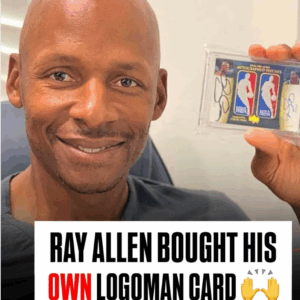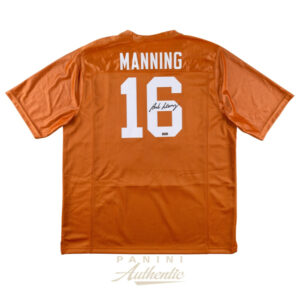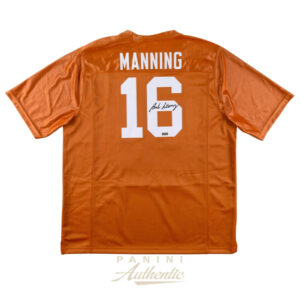In the thrilling realms of sports memorabilia, where nostalgia and commerce form a delicate dance, one man’s audacious fraud scheme threatened to upset the balance. Anthony J. Tremayne, a former Californian resident, orchestrated a deviously impressive operation that left collectors scratching their heads and clutching their wallets tighter. For nearly ten years, Tremayne capitalized on the lifeblood of the memorabilia market—trust.
From 2010 to 2019, Tremayne engaged in a mail fraud scheme of jaw-dropping breadth and detail. He wasn’t just another angler in murky waters, but rather, a seasoned puppeteer orchestrating a charade with tear-inducing precision. His scam involved selling fake autographed memorabilia, dressed to the nines with forged certificates of authenticity and glossy online advertisements that could even baffle Sherlock Holmes.
This wasn’t your run-of-the-mill con where a few forged signatures were enough to fool an unsuspecting fan. No, Tremayne elevated his art of deception to Shakespearean heights. He presented items seemingly havened from the inner sanctums of sports legends—a signed baseball here, a replica Stanley Cup there. Even boxing gloves bearing legendary fist marks and Hall of Fame jackets joined his symphony of fakes. His items came with an air of credibility, thanks largely to meticulously forged paperwork bearing the crest and flair of legitimate authenticators. Such was the finesse of his handiwork that only a few eyes, trained and meticulous, could see the ripples in his crafted illusion.
What was the toll of Tremayne’s high-wire act of forgery? Investigators place his earnings at approximately $250,000 from collectors who would have otherwise believed they owned pieces of history. Yet, experts speculate that had Tremayne’s escapades gone unchecked, his fortune could have swelled beyond the half-million mark in counterfeit glory.
It was the sharp eye of justice, embodied by an undercover FBI agent, that eventually toppled Tremayne’s house of cards. In 2019, this agent, anonymous yet pivotal, entered Tremayne’s web. A $200 photo, allegedly signed by the glamourous cast of Keeping Up with the Kardashians, became the accused’s unraveling linchpin. This seemingly trivial transaction became a key strand in the growing tapestry of the investigation. Faced with a parade of potential charges, Tremayne elected to wave the white flag, pleading guilty to a single count.
The calendar marks a pivotal moment in August 2025, when Tremayne will stand before the scales of justice. The looming possibility of a 20-year prison sentence hangs above as a cautionary tale.
This saga carries an important echo for the collecting community; it is a siren call to buckle down on skepticism. The allure of the memorabilia market is ever rising, and with it, the sirens of fraud call out with seductive promises. Fraudsters like Tremayne bet on two human traits: enthusiasm and trust overcoming caution. The dream item at a seemingly irresistible deal is often bait in the trap. Collectors are now prompted to don the armor of vigilance more than ever before.
Where does this leave today’s passionate collectors? The lessons are clear and necessary. They must navigate with the precision of an expert tightrope walker. Sticking to known auction houses with proven reputations or those independent sellers vouched for by top-tier authenticators is advisable. If suspicion flickers like a lighthouse warning of incoming danger, even something off by a half-note—it is prudent to pause and rethink the purchase.
Tremayne’s curtain call may have come, yet in the shadows, others await their chance. Frauds like these not only lighten bank accounts but shake the very foundations of confidence and joy that bind the collecting community. Moving forward requires not just a sharper eye but the restraint of a wise strategist. As collectors, the mandate is clear: maintain love of the hobby, but never let excitement dull the edge of scrutiny.





